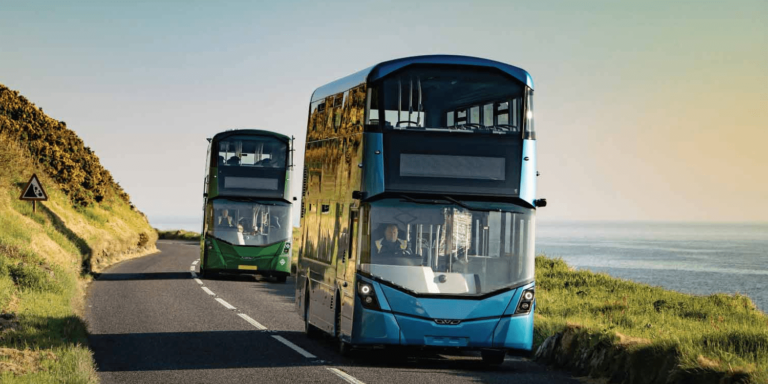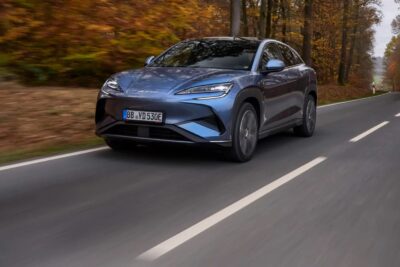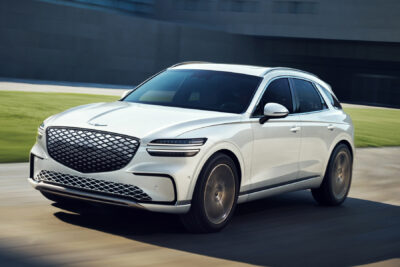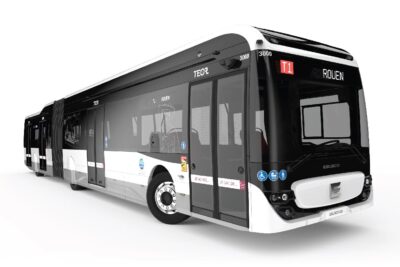Ireland orders up to 800 Wrightbus electric buses
The National Transport Authority (NTA) of Ireland has entered into a framework agreement with Wrightbus for the supply of up to 800 battery-electric double-decker buses over a five-year period. Under this agreement, 120 StreetDeck Electroliners have already been placed on firm order.
The NTA has said that 100 of these buses will be used in Dublin and 20 in Limerick. The first of these electric double-deckers are scheduled to enter service in 2023. All vehicles will be manufactured at Wrightbus’ main plant, which is located on the outskirts of the Northern Irish town of Ballymena. Whether the recent trade disputes between the British government and the EU may have an impact on the framework agreement is not clear – before delivery, the vehicles have to cross the border of the non-EU country Northern Ireland into the EU country Ireland.
The NTA says that the framework contract has the potential to be the largest bus procurement in Ireland’s history – not only for electric buses, but across all propulsion types. Should the NTA fully utilise the framework contract over the next five years, the proportion of zero-emission buses in Ireland could see a significant increase.
The tender itself was opened at the end of 2020, and bids could be submitted until mid-February 2021. The NTA chose Wrightbus with an initial order for 120 buses that is already worth 80.4 million euros.
The StreetDeck Ecoliner is the first battery-electric bus from Wrightbus. Until now, the Northern Irish manufacturer has been known primarily for its hydrogen fuel cell (FCEV) powered buses. The battery-electric (BEV) double-decker, which will be unveiled in July 2021, offers 74 seats and 21 standing places – the Irish tender called for 75 seats (including standing places).
The batteries are housed in the underbody and rear, and the overall battery pack is available in 340 or 454 kWh configurations. Wrightbus says that the latter enables a range of up to 200 miles (about 320 kilometres). As a special feature, the manufacturer also emphasises the fast-charging capability of the new buses, which can be charged via CCS with up to 300 kW and via Pantograf with up to 420 kW. The drive is provided by an E-axle from ZF, specifically the AV133 model.
The up to 800 BEV double-deckers will not be the first electric buses in Ireland, nor even the first electrified double-deckers in the country. In February 2020, ADL was awarded a contract to supply up to 600 hybrid double-deckers. In July 2021, the NTA signed a framework agreement with BYD-ADL for up to 200 electric solo buses. The first 45 examples of the twelve-metre single-decker Enviro200EV were ordered directly. The NTA did not reveal whether BYD-ADL participated in the double-decker tender with the Enviro400EV.
Minister for Transport, Eamon Ryan said: “We know that decarbonising transport is imperative, as part of our effort to tackle climate change. Public transport because it is shared mobility is already a far more sustainable and economical way of getting around, particularly compared to a private car that runs on fossil fuel, and the battery-electric buses that we are now ordering, will accelerate the transition to a zero-emission fleet.”
Neil Collins, Managing Director of Wrightbus, pointed out: “This deal further cements the reputation we have built in the zero-emission sector, and follows hot on the heels of historic deals in Australia and Germany. This shows our ambition to be at the forefront of the zero-emission drive in cities, towns and rural areas across the world.” In May, Regional Transport Cologne ordered 20 fuel cell buses (with the option of 40 more vehicles) from Wrightbus.
Also in May just passed, over the other side of the world in Australia, Wrightbus signed a deal with bus body manufacturer, Volgren, that Wrightbus says could open up an Australian export market – presumably to deliver to the closer-by Asia-Pacific region. Wrightbus is to provide Volgren with its hydrogen fuel cell powertrain technology for the manufacture of two zero-emission hydrogen single-deck buses.





0 Comments